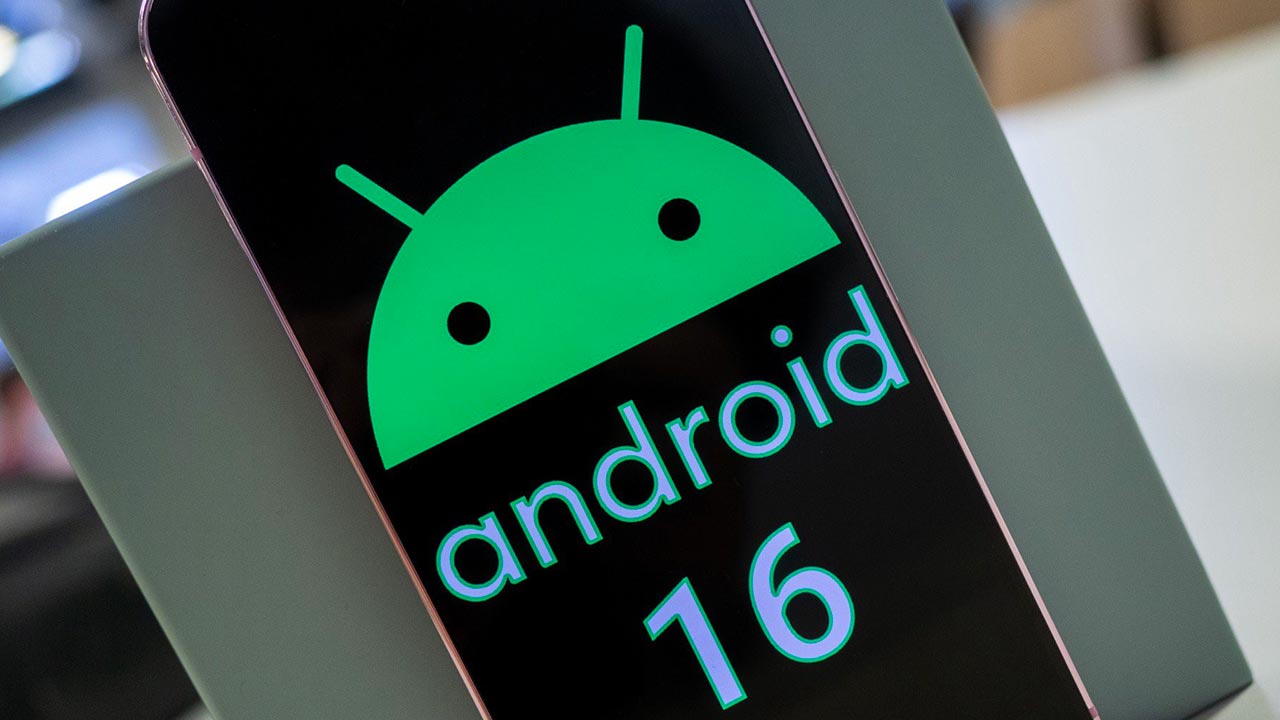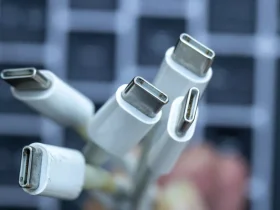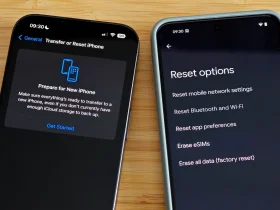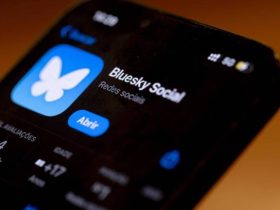This week in the Android ecosystem has been particularly eventful, marked by significant updates regarding Google’s upcoming Android releases and a host of issues faced by major companies like Samsung and Verizon. Although the highly anticipated Android 15 update is still a few days away from its debut on Pixel devices, buzz has already begun surrounding Android 16.
This next iteration is expected to introduce a revamped Quick Settings panel and an innovative brightness slider featuring a percentage indicator. Interestingly, Android 16 will reportedly break from the traditional alphabetical naming convention, adopting the codename “Baklava,” a dessert that does not start with the letter “W,” as the previous desserts did.
In the past, Google followed a consistent alphabetical pattern for its Android codenames, from Android 10’s “Quince Tart” to Android 15’s “Vanilla Ice Cream.” The shift to “Baklava” for Android 16 indicates a departure from this long-standing tradition, which experts attribute to Google’s new trunk-based Android development model.
This change allows developers to work on a unified release branch, thereby expediting release timelines and making it possible for Android 16 to arrive earlier than expected, potentially by Q2 2025. If this timeline holds, it would mark the earliest subsequent OS release since 2012’s Android 4.1 Jelly Bean.

In contrast, Samsung’s Android 15-based One UI 7 update faces delays. During the recent Samsung Developer Conference (SDC), the company announced that the rollout would coincide with the launch of the Galaxy S25 in early 2025, disappointing many fans.
This decision raises questions about whether Samsung is encountering development challenges or is merely opting for a slower rollout to ensure a polished user experience. In comparison, previous updates such as One UI 6 and One UI 5 began rolling out in October of their respective years, which highlights the lag in this current update.
On the telecommunications front, Verizon faced a significant service outage lasting approximately nine hours, leaving many customers without mobile data, calling, or texting capabilities. The outage predominantly affected users in major cities such as Chicago, Denver, and Los Angeles, as reported by Downdetector.
To date, Verizon has not disclosed the cause of the outage, leaving many customers frustrated and unsure about compensation for the disruption. The incident reflects broader concerns about network reliability and the potential need for carriers to enhance their infrastructure.
Meanwhile, T-Mobile made headlines by paying a $15.75 million fine to the U.S. Treasury, a penalty that raised eyebrows considering it constitutes only 0.20 percent of the carrier’s annual revenue for 2023.
The funds will be directed toward internal cybersecurity improvements aimed at addressing foundational security flaws. With more consumers relying on mobile devices for everyday transactions, ensuring the security and reliability of networks has become paramount for telecom giants, particularly in light of Verizon’s recent outage.
Shifting focus to YouTube, the platform experienced a temporary outage related to licensing issues with SESAC, which affected access to music from prominent artists like Adele and Kendrick Lamar. Thankfully, the issue was resolved within two days, and YouTube plans to restore the removed content shortly.
However, users have expressed growing frustration over YouTube’s recent ad practices, which include longer and unskippable ads. Reports suggest that the platform has begun hiding the “Skip” button on videos, raising concerns about user experience and whether this is a temporary experiment or a more permanent change.
In related news, Amazon announced that its Prime Video service would see an increase in ads starting in January 2024. While the platform has already incorporated some advertising elements, it plans to explore new ad formats, including “interactive and shoppable” ads.
This development aims to increase ad revenue while enhancing user engagement, though it may also frustrate subscribers who value an ad-free viewing experience.
Lastly, Meta’s Ray-Ban smart glasses were highlighted in discussions regarding privacy risks following a project conducted by Harvard students. The project utilized the glasses to conduct real-time facial recognition, potentially exposing sensitive personal information.
Although the students claim they do not intend to make the tool available to the public, the implications of such technology raise significant ethical concerns about privacy and data security. Meanwhile, Google is making strides to improve location-sharing functionality across its platforms, consolidating settings within Google Play Services and expanding its Lens app capabilities for contextual video search.







Leave a Reply